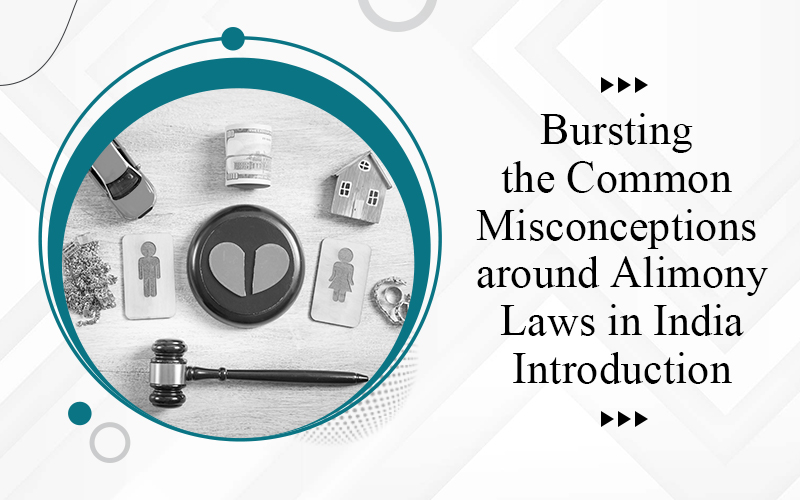What is criminal breach of trust under IPC?
Criminal breach of trust is an offense defined under Section 405 of the Indian Penal Code (IPC). It occurs when someone who is entrusted with property or dominion over it dishonestly misappropriates or converts it for their own use or for the use of another person without permission. The offense carries a punishment of imprisonment and/or a fine, the severity of which depends on the value of the property involved.
Key elements of the offence
- Entrustment: The accused must have been entrusted with property or have control over someone else’s property. Entrustment can be express or implied.
- Dishonest misappropriation or conversion: The accused must have dishonestly misappropriated or converted the property for their own use or for any other purpose, in violation of any direction of law governing the mode in which such trust is to be discharged.
- Willful betrayal: The accused must have willfully betrayed the trust placed in them. This could involve acts such as misappropriation, conversion, or any other action that goes against the terms of the trust.
Nature and punishment:
Criminal breach of trust is a non-bailable offense, and if convicted, the punishment can vary depending on the value of the property involved. If the value exceeds Rs. 2,000, the offense is punishable with imprisonment for a term which may extend to seven years, and/or with a fine. If the value does not exceed Rs. 2,000, the offense is punishable with imprisonment for a term which may extend to three years, and/or with a fine.
Relevant provisions under the Indian Penal Code
| Section No. | Content |
| Section 405 | Criminal Breach of Trust: This section defines the offence as: Whoever, being in any manner entrusted with property or with any dominion over property, dishonestly misappropriates or converts to his own use that property, or dishonestly uses or disposes of that property in violation of any direction of law prescribing the mode in which such trust is to be discharged, shall be punished with imprisonment of either description for a term which may extend to three years, or with fine, or with both. |
| Section 406 | Punishment for Criminal Breach of Trust: This section prescribes a higher punishment when the value of the property involved exceeds a certain threshold. If the offense falls within this category, the punishment may extend up to seven years of imprisonment, along with a fine.
|
| Section 407 | Criminal Breach of Trust by Carrier: This section deals with situations where a person, being entrusted with property as a carrier, wharfinger, or warehouse-keeper, commits the offence in respect of that property. The punishment for such an offense may extend up to ten years of imprisonment, along with a fine |
| Section 408 | If a clerk, servant, or other employee commits the offence in respect of property entrusted to them in their capacity, they may be punished with imprisonment for a term extending up to seven years, along with a fine. |
| Section 409 | Criminal Breach of Trust by Public Servant, or by Banker, Merchant, or Agent: This section deals with cases where a public servant, or a banker, merchant, factor, broker, attorney, or agent, commits this offence. The punishment for such an offense may extend up to ten years of imprisonment, along with a fine. |
Landmark cases:
- Ramkrishna Dalmia v. Justice S.R. Tendolkar (AIR 1958 SC 538): This case is significant in establishing the scope and elements of criminal breach of trust. The Supreme Court held that it is not necessary that there must be an actual misappropriation; even wrongful retention or non-return of entrusted property can constitute the offense.
- State of Tamil Nadu v. K. N. Nehru (1990 Cri LJ 2045): This case dealt with the offence being committed by a public servant. The Supreme Court held that when a public servant is entrusted with public funds or property and dishonestly misappropriates or uses it for his own purposes, he can be charged under both Section 409 of the Indian Penal Code and Section 5(1)(c) of the Prevention of Corruption Act, 1947.
- Indian Bank v. ABS Marine Products Pvt. Ltd. (2006 Cri LJ 47): In this case, the Supreme Court clarified that the offence can be committed by a company through its directors or other authorized officers. The court held that the liability of a company can be imputed to its directors or officers if they were in charge of and responsible for the conduct of the company’s business.
- Koda Raja Sekhar v. State of Andhra Pradesh (2009 Cri LJ 4527): This case highlighted the distinction between civil breach of trust and criminal. The Supreme Court emphasized that the essential ingredient of the criminal offence is dishonest intention, and it is necessary to establish mens rea (guilty mind) on the part of the accused.





One Response
My wife property done sale deed instead of exchange deed by entrusted to my own brother can l claim breach of trust under law what is solution